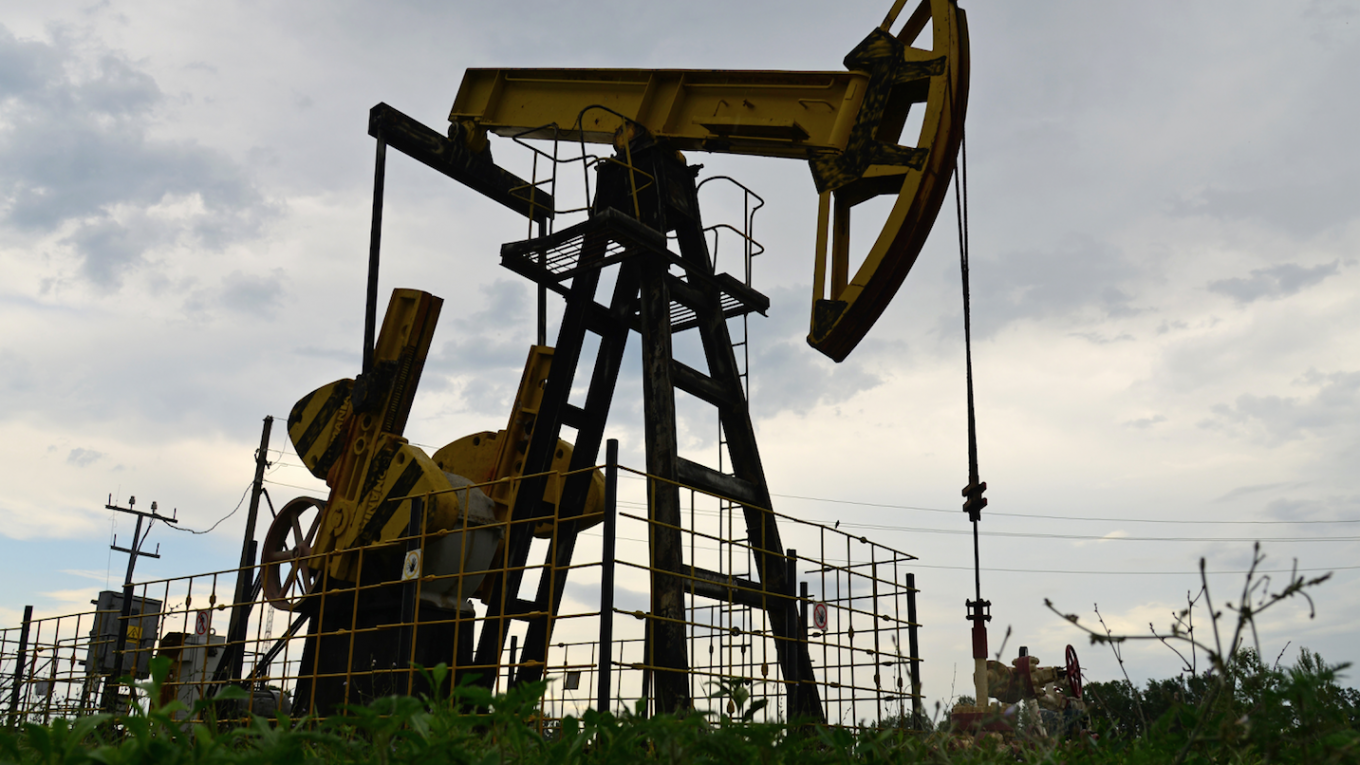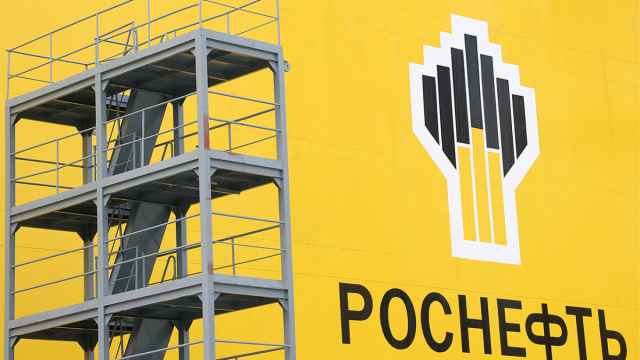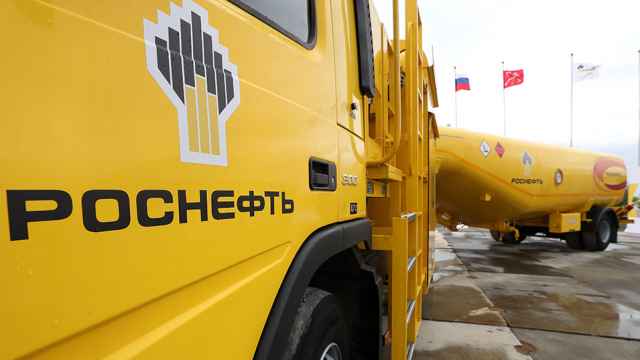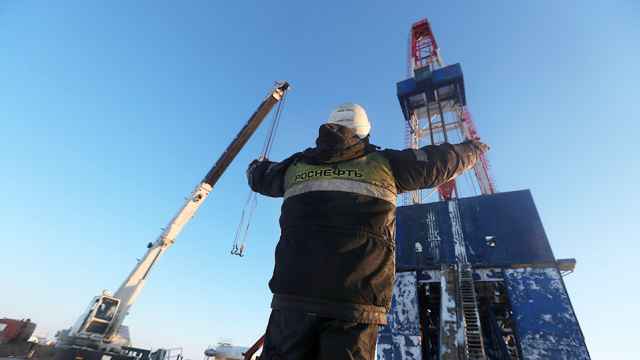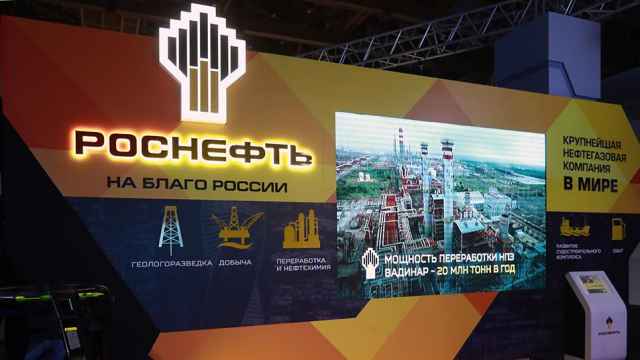Russia’s new “green” Arctic oil infrastructure projects are vital to the global economy, Igor Sechin, the head of Russian state-controlled energy giant Rosneft, has said.
Rosneft recently launched construction of its Vostok Oil facility, which is set to become the Arctic’s largest oil terminal with 30 million tons of oil per year produced by 2024 and 100 million tons annually by 2030.
Vostok Oil’s carbon footprint will be 75% lower than other major new oil projects worldwide due to advanced technologies that will bring sulfur levels in the product close to zero, the Rosneft CEO said at last week’s St. Petersburg International Economic Forum.
“We therefore have every reason to state that this project will yield "green barrels’ of oil," Sechin said.
Sechin said Vostok Oil’s product could later be exported to growing economies in Europe or Asia where demand will be on the rise.
He also criticized the EU’s recent call to member states to stop investment into Russian fossil fuels and instead focus on supporting renewable energy projects within the bloc, saying it would harm the "long-term stability of oil supplies."
This encouragement of subsidies into renewables might be motivated by a "hidden agenda”"aimed at manipulating share value, he added.
Fossil fuels receive on average three times more subsidies than renewables, according to the International Energy Agency (IEA). In a recent report, IEA experts called for an end to all investment in new fossil fuel projects, calling this the only way to achieve net-zero emissions by 2050.
Sechin’s comments followed Russian President Vladimir Putin’s sustainable development envoy Anatoly Chubais’ remarks that Russia will most likely need to abandon fossil fuels and reform its economy to fall into line with global climate mitigation trends.
Despite calls from the UN, Nobel-winning economists and energy experts, Russia aims to boost its fossil fuel production tenfold by 2035 as well as increase its oil and coal exports.
Continued burning of coal, oil, and gas intensifies the climate crisis and destabilizes the global economy, Nobel-winning economist Joseph Stiglitz and 100 other economists said last year.
Environmentalists also link fossil fuel extraction and transport to oil spills and other major environmental disasters in the Russian Arctic. Melting permafrost linked to climate change is expected to cause billions of dollars in damage to Russia’s fossil fuel infrastructure and economy.
A Message from The Moscow Times:
Dear readers,
We are facing unprecedented challenges. Russia's Prosecutor General's Office has designated The Moscow Times as an "undesirable" organization, criminalizing our work and putting our staff at risk of prosecution. This follows our earlier unjust labeling as a "foreign agent."
These actions are direct attempts to silence independent journalism in Russia. The authorities claim our work "discredits the decisions of the Russian leadership." We see things differently: we strive to provide accurate, unbiased reporting on Russia.
We, the journalists of The Moscow Times, refuse to be silenced. But to continue our work, we need your help.
Your support, no matter how small, makes a world of difference. If you can, please support us monthly starting from just $2. It's quick to set up, and every contribution makes a significant impact.
By supporting The Moscow Times, you're defending open, independent journalism in the face of repression. Thank you for standing with us.
Remind me later.


